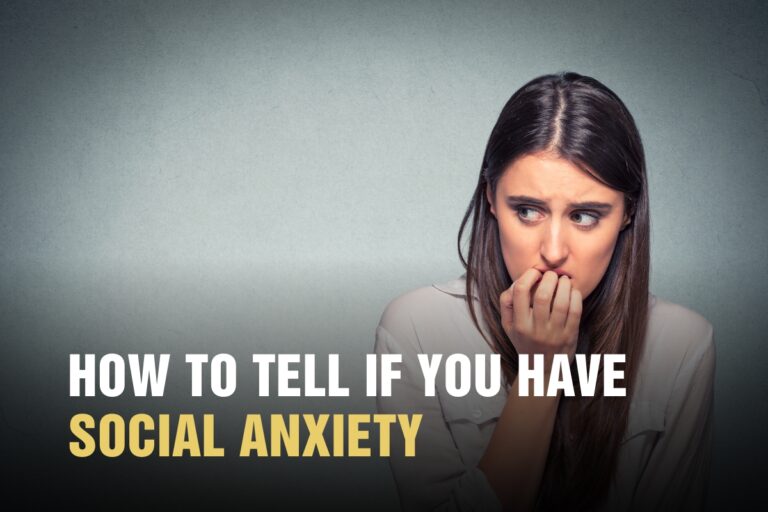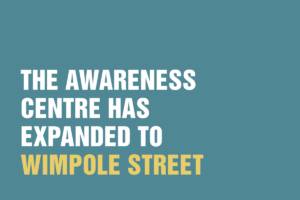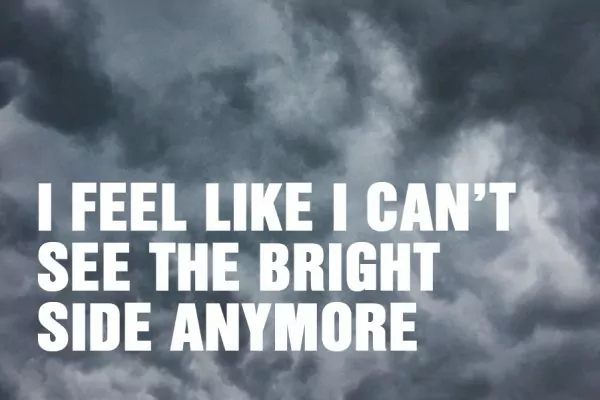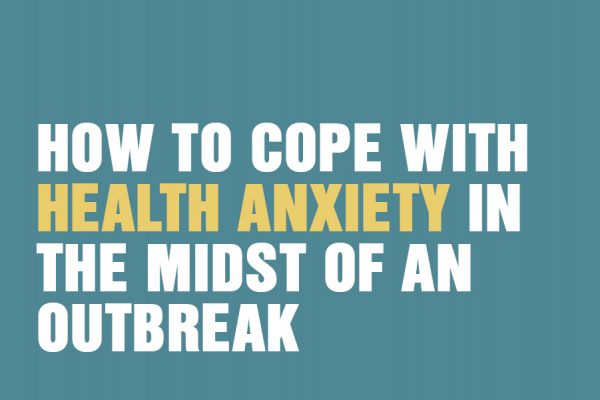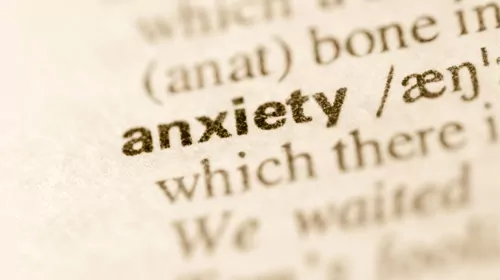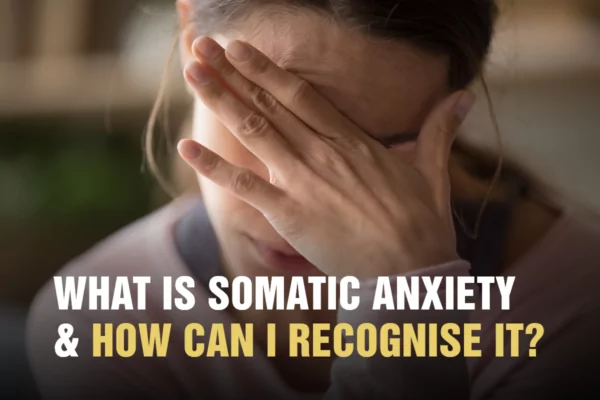Social anxiety, also known as social phobia, is a type of anxiety disorder in which a person experiences overwhelming fear and discomfort in social situations. It tends to be a long-term condition that often requires treatment to manage. It’s thought to most often begin in teenage years, with some people overcoming it with age and others continuing to struggle. The impact social anxiety can have on your life is profound, with many people missing out on core events and memories due to feeling anxious and nervous.
The symptoms of social anxiety somewhat cross over with those of shyness. Lots of people are shy or introverted, but these personality traits don’t necessarily equate to social anxiety. This can make it difficult to know whether what you’re feeling is natural shyness and the anxiety we all get from time to time, or whether there’s something more going on that might require professional help. Anyone can be at risk of developing social anxiety disorder, but environmental factors such as bullying, family conflict, and abuse can increase the chances.
If you’re unsure whether you have social anxiety, read on as we explain some of the key symptoms that may indicate you’re dealing with social phobia rather than just shyness. It’s important to note that only a medical professional can diagnose you, so if you’re feeling any of the symptoms talked about in this article, make sure you arrange an appointment with your healthcare provider.
Social Anxiety Disorder Signs & Symptoms
Only a mental health professional can diagnose you with social anxiety disorder, but there are a number of symptoms of social anxiety, many of which can affect your day to day life beyond the extent of ordinary shyness. These include both mental and physical symptoms, such as:
- Feeling nervous and worrying about everyday things like going shopping or having a phone call
- Worrying about how people view you
- Having low self-esteem
- Purposefully avoiding social situations or feeling very worried about attending them
- Withdrawing from conversations
- Avoiding eye contact
- Worrying excessively about things like sweating or blushing
- Having panic attacks
- Feeling nauseous
- Sweating a lot
- Shaking or trembling
- Having heart palpitations
Lots of these symptoms are common with other conditions and many people who have social anxiety also experience other mental health disorders, such as generalised anxiety disorder, depression, or panic disorder.
When to See a Doctor About Anxiety Disorders
It can be tricky to know when to see a doctor about social anxiety disorder symptoms. For example, if you are starting a new job and you feel nauseous, sweaty, or are concerned about how you might be perceived, this would be considered ‘normal’ given the circumstances, and should ease off after a few days once you get your bearings. However, if you experience those symptoms longer-term and they don’t seem to go away, or if you feel them when doing normal things like going to the shops, it could be worth speaking to a GP.
Social anxiety is a very common disorder that affects millions of people. There’s no shame in having it or in seeking help for it. If left untreated, social anxiety can turn into a chronic mental health condition. It can take a huge toll on your life and see you miss out on things for fear of being judged. It can also ruin your self-esteem and lead you to become unhappy and in a low mood. This can result in depression and have an effect on your mental health, too.
Getting Help for Mental Health and Anxiety
The prospect of seeing a GP for social anxiety can seem daunting, but it doesn’t have to be. As mentioned, lots of people struggle with anxiety and there are lots of different treatments out there. It’s best to seek help as soon as you feel able to in order to ensure anxiety doesn’t take over your life.
When you arrange to see a GP about social anxiety, they will likely start by asking you a few questions about how you feel and how you might feel when placed in specific social situations. This will give them a better idea as to whether it’s social anxiety you have, or another type of mental health condition, or both.
Should your GP think you have social phobia, they will refer you to a mental health specialist. This is where you’ll undergo a full assessment which may involve answering lots of questions or keeping a diary of how you feel day to day and what your behaviours, thoughts and feelings are like.
Once the assessment is complete, you will be able to talk through different treatment options.
Treating Social Anxiety Disorder
There are a number of effective treatment options you can try, to treat social anxiety disorder and reduce symptoms. For a lot of people, cognitive behavioural therapy (CBT) is widely considered as the most effective treatment option for anxiety disorders.
During CBT, you’ll work with a therapist to correctly identify and change negative thought patterns. You might even go through exposure therapy where you’re put in social situations and undertake social interactions you might feel uncomfortable with. You’ll gain a better understanding of why your brain is behaving the way it is, and you’ll learn useful coping mechanisms to ensure negative and unhelpful thoughts don’t impede on your ability to live a life where you’re not worrying or fretting most of the time.
Another option is to try selective serotonin reuptake inhibitors (SSRIs) which are a type of antidepressant medication. Common types of SSRIs include escitalopram, sertraline, and citalopram. Sometimes, it takes a while to find the right medication for you, meaning doses or the type of medication itself may be adjusted.
Medication is often used in combination with CBT to effectively treat social phobia. Your doctor will be able to help you find the best course of treatment for your anxiety symptoms. The important thing to remember is that with the right level of help, you don’t need to feel trapped by your anxiety.
Coping with Social Anxiety
In addition to the treatments above, you might find it helpful to try some of the techniques below to manage your thoughts and feelings. You might choose to try these steps first before seeking medical help:
- Write down how you feel and how you act in specific situations, e.g. avoiding going to social events that involve eating in front of others for fear of being judged or embarrassed.
- Reduce situations into smaller, more manageable sections, e.g. when going to a party, firstly walking through the door, then saying hello to people, getting a drink, finding somewhere to sit, etc.
- Listen to what people say to you rather than assuming what they think, e.g. if someone compliments you, focus on the compliment and take it at face value instead of assuming they’re judging you or making fun of you in secret.
- Try breathing exercises to calm yourself down when you feel overwhelmed.
There are also many support groups out there for people with social anxiety. It could be useful to join one and speak to people who have similar thoughts and feelings to you to show you that you’re not alone in this, and to learn tips and tricks from people who are feeling the same as you.
Social Anxiety Treatment at The Awareness Centre
Here at The Awareness Centre, we have a team of anxiety specialists who will listen to you and help you overcome the struggles you’re facing. If your anxiety feels overwhelming and you’re finding it hard to regain control of your emotions and your life, please get in touch with us to learn more about the support our team of experienced therapists can provide.

